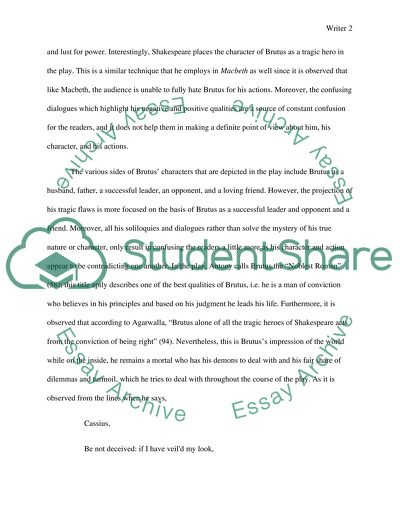Cite this document
(“Critical Analysis of Marcus Brutus in Julius Caesar Research Paper”, n.d.)
Retrieved from https://studentshare.org/literature/1471196-critical-analysis-of-the-character-brutus-from-the
Retrieved from https://studentshare.org/literature/1471196-critical-analysis-of-the-character-brutus-from-the
(Critical Analysis of Marcus Brutus in Julius Caesar Research Paper)
https://studentshare.org/literature/1471196-critical-analysis-of-the-character-brutus-from-the.
https://studentshare.org/literature/1471196-critical-analysis-of-the-character-brutus-from-the.
“Critical Analysis of Marcus Brutus in Julius Caesar Research Paper”, n.d. https://studentshare.org/literature/1471196-critical-analysis-of-the-character-brutus-from-the.


